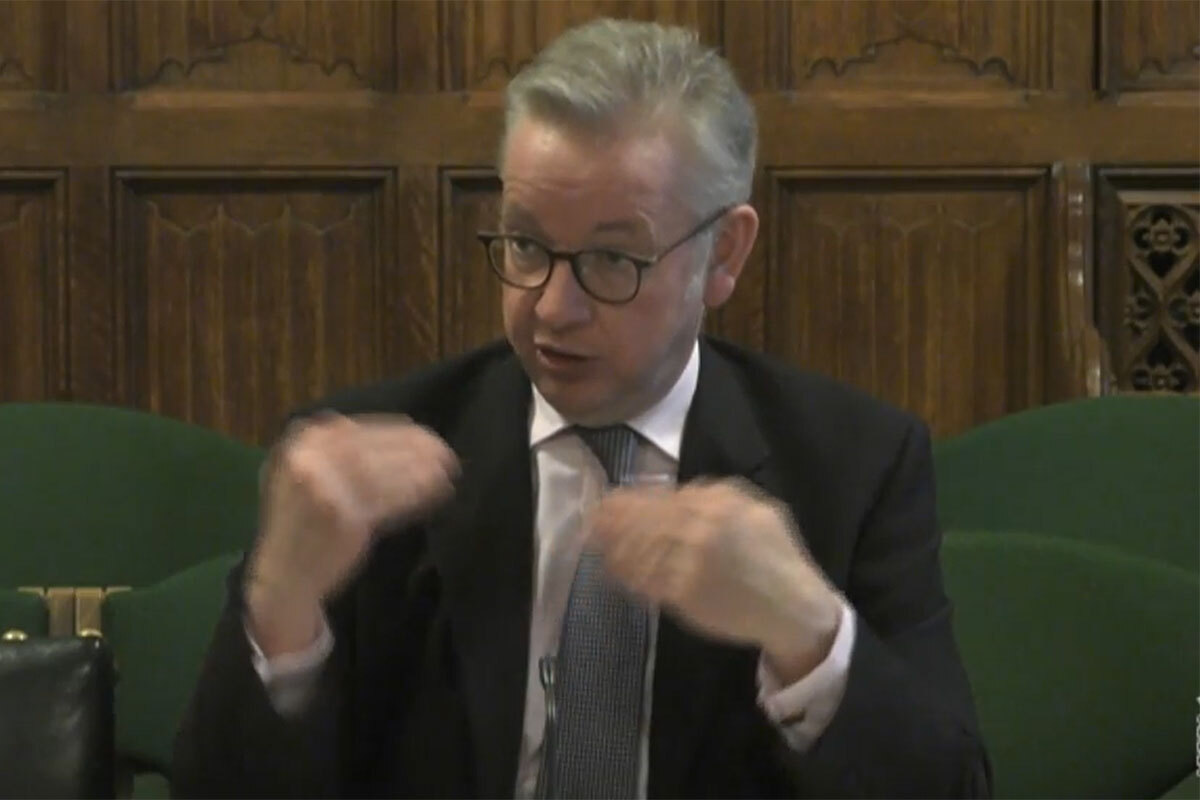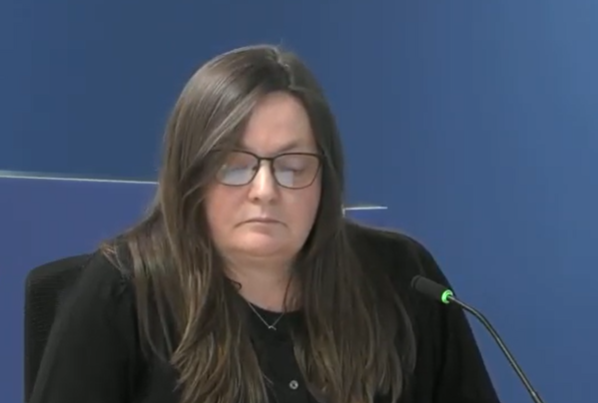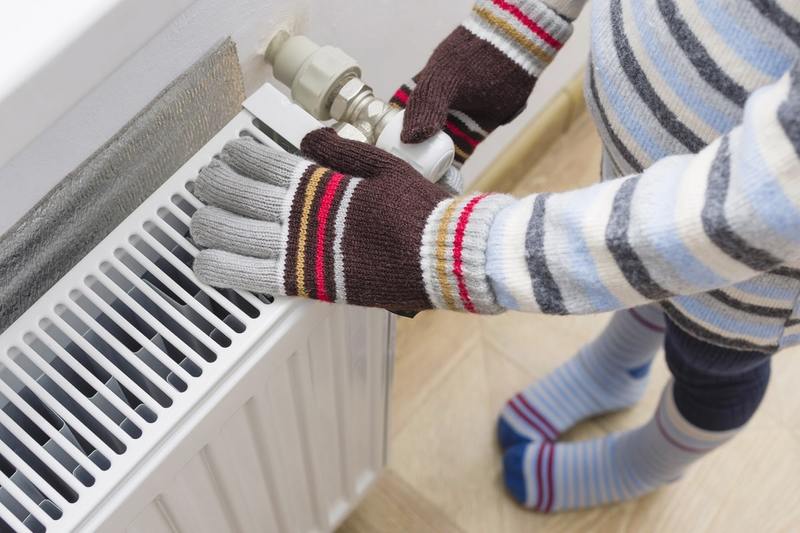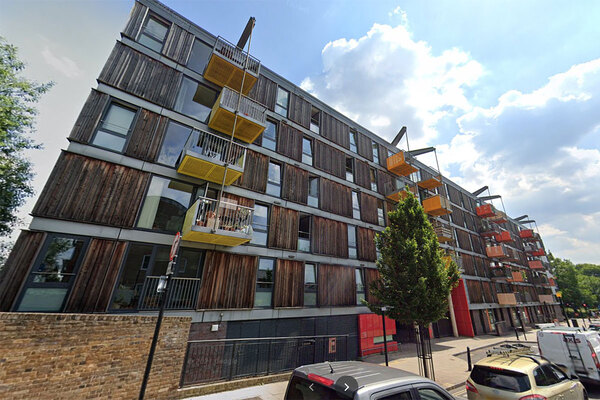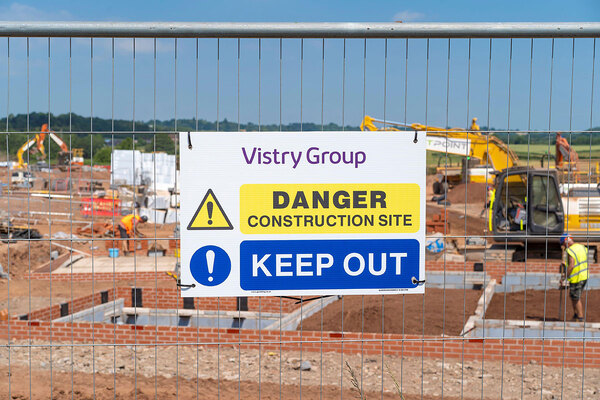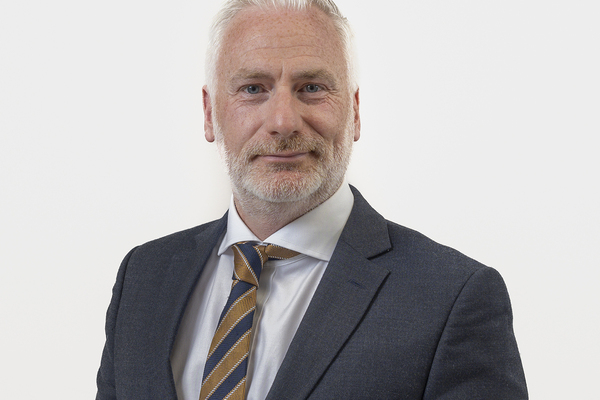You are viewing 1 of your 1 free articles
Government aiming for May publication of Social Housing Bill, says Gove
The long-awaited Social Housing Bill is now expected to be published in May at the earliest, housing secretary Michael Gove has told MPs.
Speaking yesterday during a select committee meeting looking at the government’s building safety changes, Mr Gove said it was the government’s aim to publish the bill in the third sitting of parliament, meaning it would go in front of MPs in May or June.
Answering a question on whether the government had done an assessment on the condition of existing social housing stock, Mr Gove that his department is aiming to make it its mission to drive up overall housing quality.
He added: “And that’s part of what we’re doing in advance of what we hope will be the publication of our Social Housing Bill, which we hope will be in the third session, and before the House of Commons in May or June this year.”
It also appears that the new bill may include new requirements on social homes to be maintained to a certain level, in requirements as part of the bill.
Mr Gove said: “We are just working at the moment to see what the requirements are on the department in order to make sure that the bill and the requirement to maintain social homes in a decent way can be made.”
The revelations come after a number of high-profile investigations looking into the quality of social housing across the country. This has included ITV News’ long-running investigation featuring case studies of social housing tenants living in squalid conditions, with many having complained to their landlord about their situation for months.
Earlier this year, it was understood that the government was looking at a March publication for the Social Housing Bill but it appears that this has been delayed.
The publication will end a long journey for the bill, after a green paper was promised back in September 2017 by Sajid Javid, housing secretary at the time, but was then hit by a series of delays.
This was prompted by the Grenfell Tower fire, which killed 72 people. The fire exposed a system in which residents were being ignored by their landlord, Kensington and Chelsea Tenant Management Organisation, despite repeatedly raising concerns about fire safety in the lead-up to the tragedy.
The bill promises to have wide-reaching changes that will overhaul the way in which social housing providers operate and are regulated.
In November 2020 the government published its 76-page Social Housing White Paper, which put forward a series of proposals that are likely to be made law in the spring.
These include plans to add a new arm to the Regulator of Social Housing, which would carry out a more proactive regulation of consumer standards, assessing social landlords’ performance on areas such as housing disrepair and safety.
Yesterday, Mr Gove sat for an hour in front of MPs on the Levelling Up, Housing and Communities Select Committee to discuss his department’s plans to try to end the building safety crisis and protect leaseholders from the costs.
As part of his evidence, Mr Gove indicated that the government would expect freeholders to pay for any non-cladding work linked to building safety.
He said: “I think that if you find the freeholder then that individual or institution is likely to have the resource required to pay for these issues.
“Ultimately someone will have to pay and I would rather it be institutions that bore the responsibility of doing this work.
“They were prepared to take on the benefits of what they perceived as guaranteed income and with those benefits come responsibility.”
When asked by Bob Blackman, MP for Harrow East, what his advice would be for any leaseholder who is billed for works by freeholders ahead of the legislation being brought into law, Mr Gove said that they should refuse to pay.
Mr Gove said: “I would say that you could be confident that you won’t need to pay more than the amount we have outlined.
“If your freeholder is demanding this sum from you, you should say no. The government is going to legislate to ensure that the freeholder or whoever else it might be is responsible for paying.”
Later in questioning, Mr Gove was asked if he could give assurances that the Affordable Homes Programme (AHP), the key grant funding programme for affordable housing delivery, would not be impacted by building safety costs.
Responding, he said that he would “do everything he could” to protect the £11.8bn currently set aside for the AHP but added that he could never give a “cast iron guarantee”.
The government has said that if it cannot raise the full £4bn to cover the remediation of cladding for buildings between 11 and 18 metres tall, DLUHC’s budget will be used as a backstop.
A letter sent to Mr Gove by the Treasury in early January suggested that his department should prioritise building safety over supply.
Sign up for our regulation and legal newsletter
Already have an account? Click here to manage your newsletters
